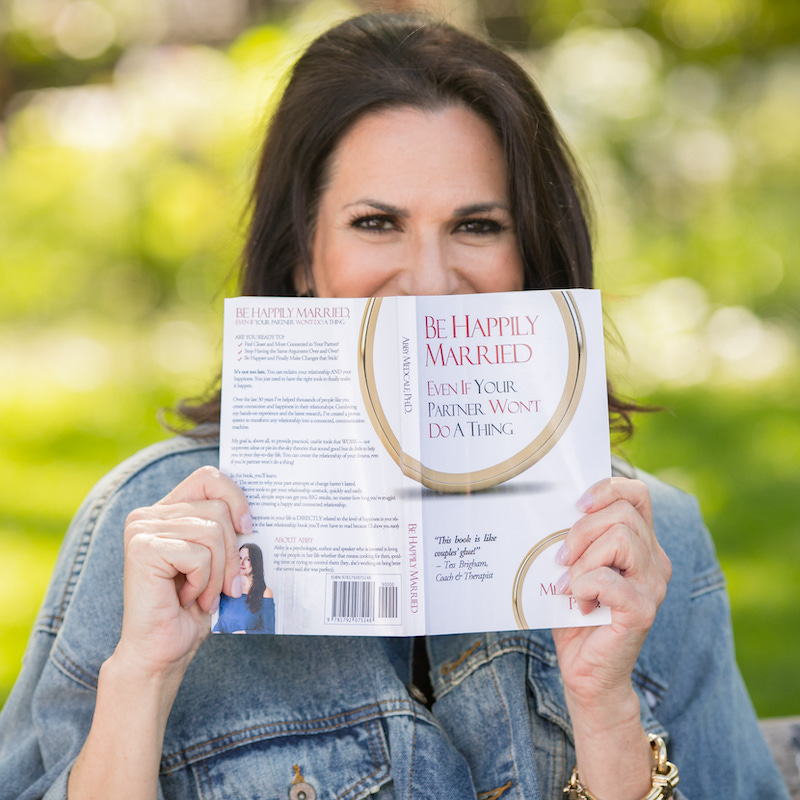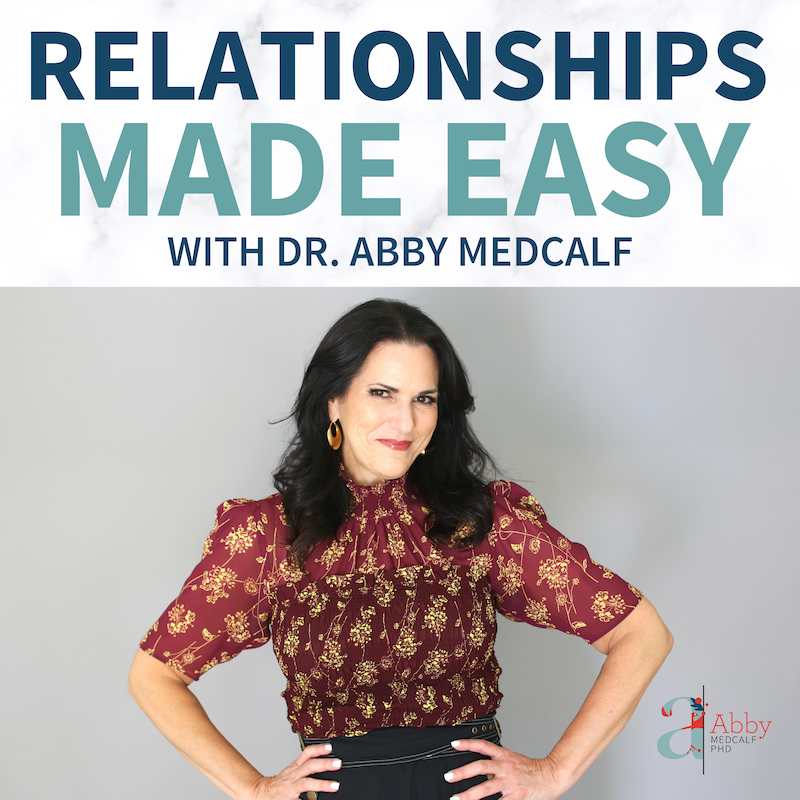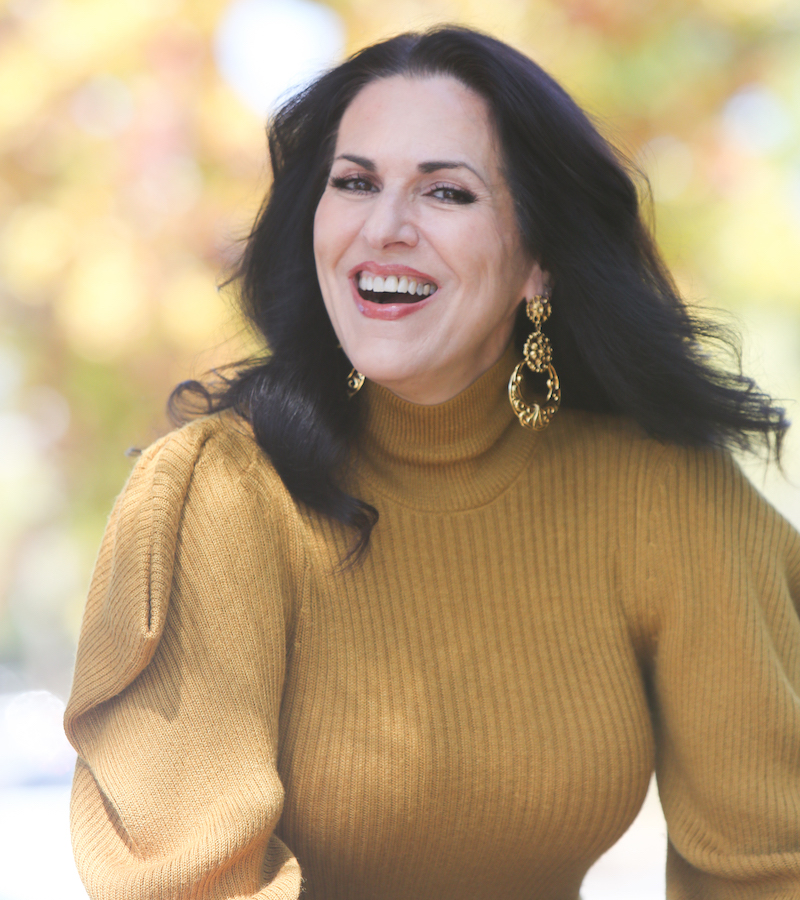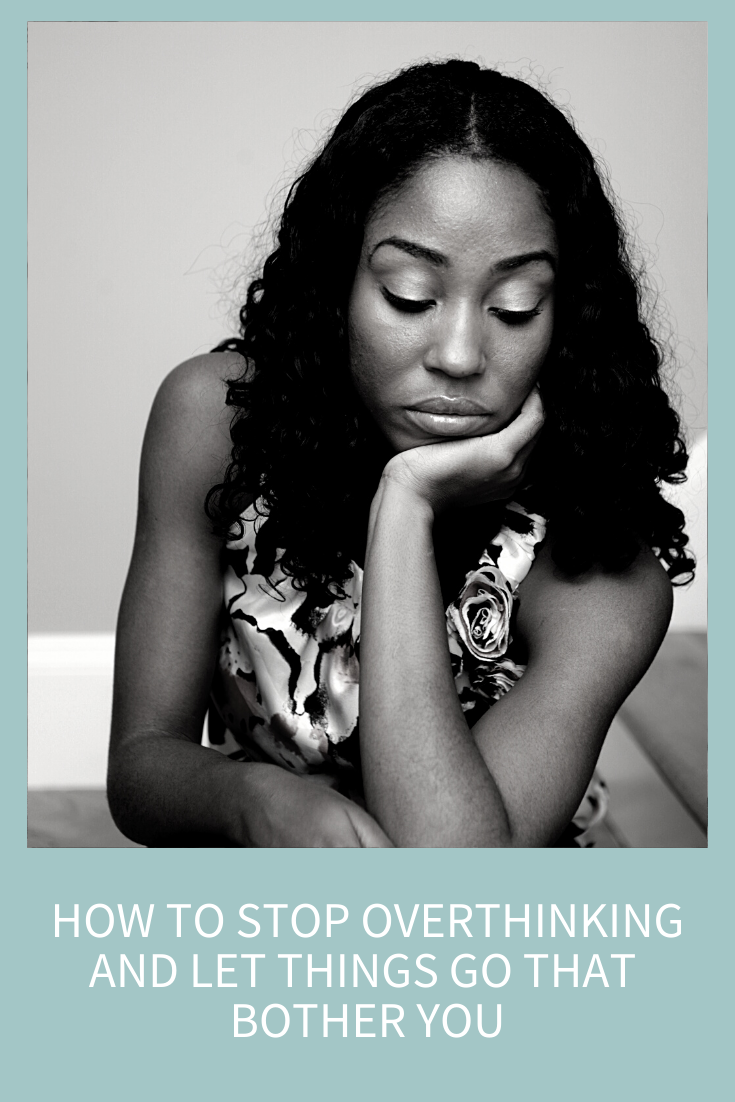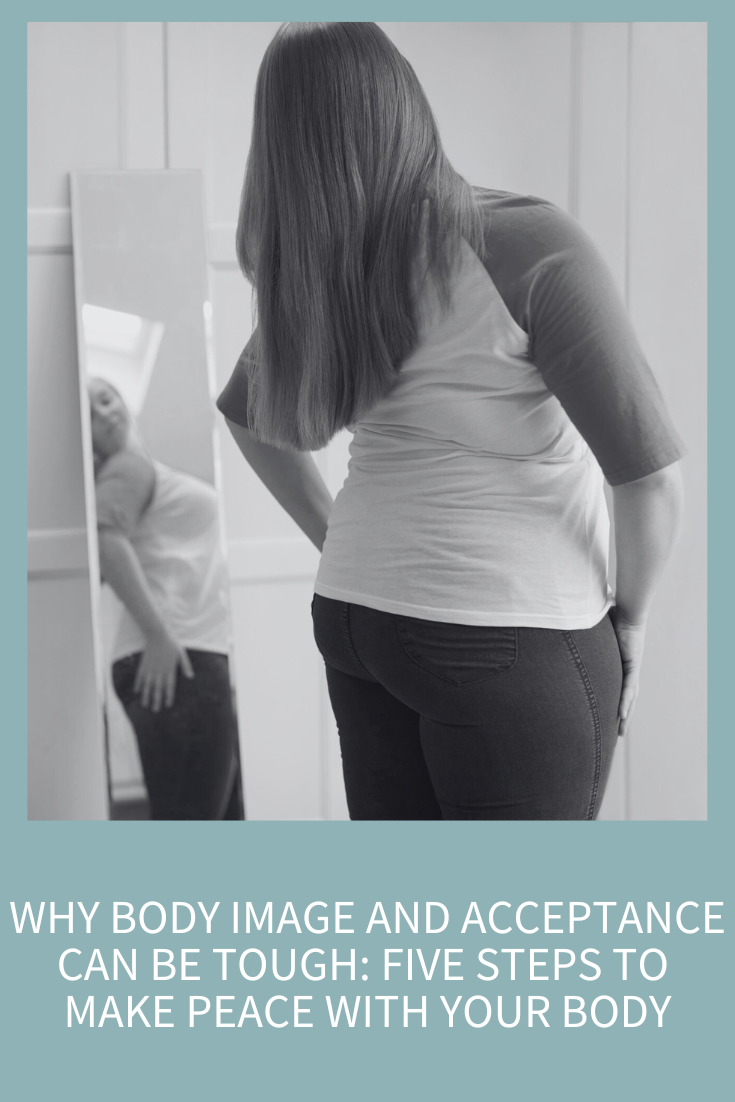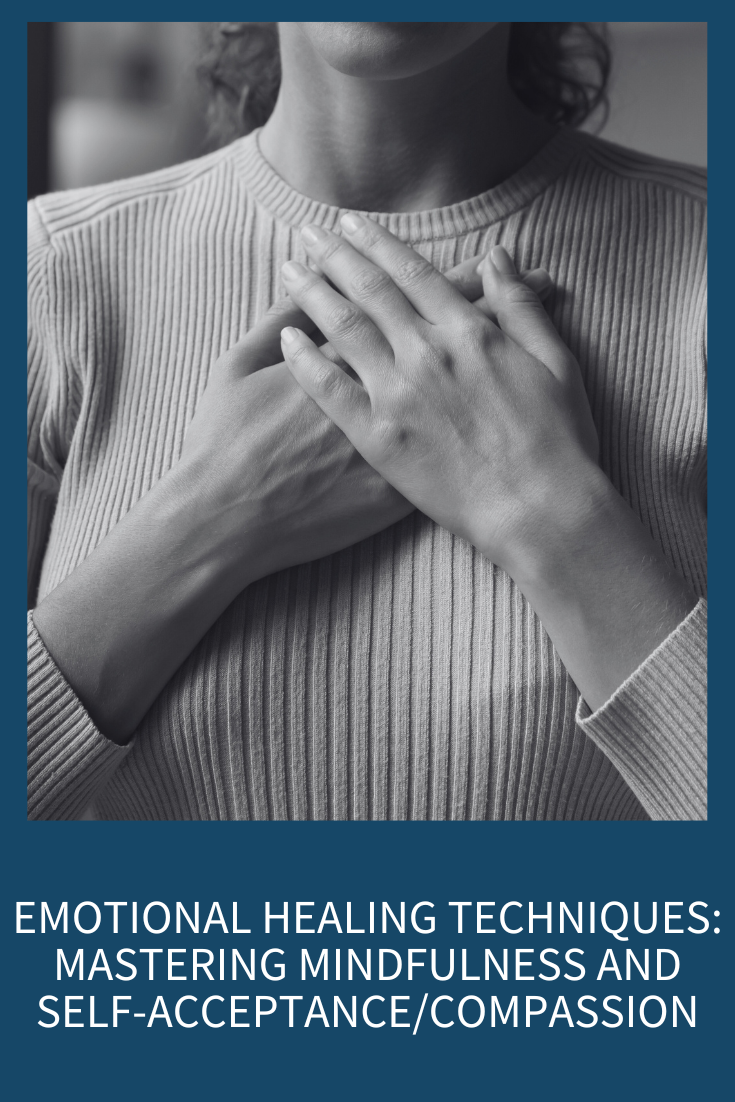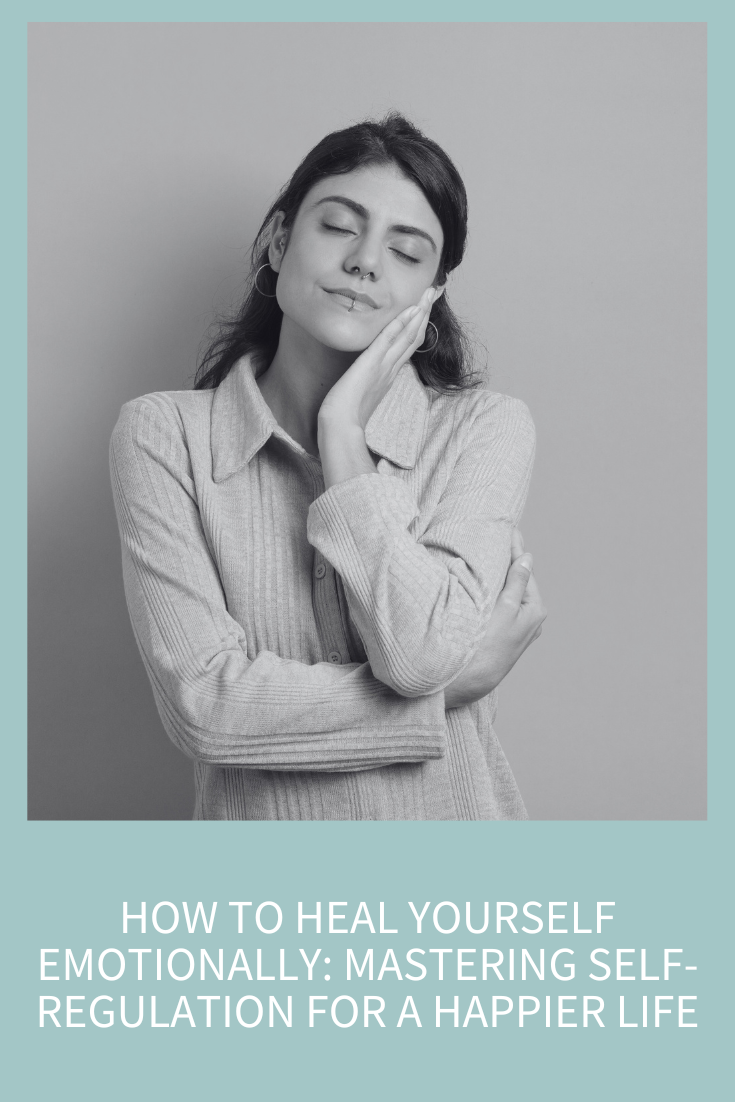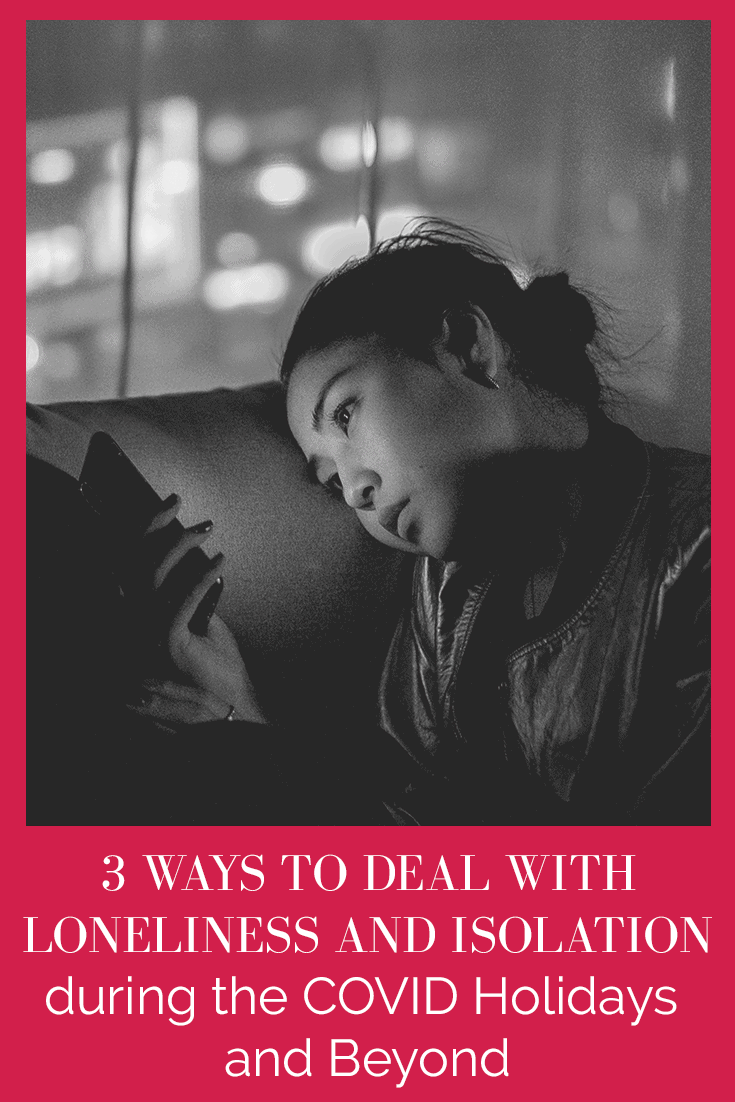
Feeling lonely sucks! If you’re reading this you’ve likely experienced the pain of feeling lonely or isolated at some point in your life. Social connection is imperative for humans. It improves our mental well-being and our physical health. Studies have even shown that a lack of social connection can be more detrimental to your health than smoking or obesity!
The holiday season is a time when you can feel even more disconnected and lonely and with COVID here, you might be feeling like a boxer staggering in the ring and watching that haymaker coming at your head! Sadly, constantly hearing the phrase social distancing instead of physical distancing has become a self-fulfilling prophecy and people are hurting at an alarming rate since self-quarantine started in March of 2020 as we’ve backed away from the world.
Well, today is all about answers. We’re going to dive into the stigma of loneliness, the difference between being alone and being lonely, and my top three ways to deal with loneliness and isolation during the COVID holidays and beyond!
The Numbers
Disconnection has been on the rise for a while here in the U.S. with at least one out of four Americans reporting a feeling of loneliness and isolation, and the rest of the world isn’t fairing much better.
Australia reports stats the same as here in the U.S. but Europe is different depending on where you live.
According to The Joint Research Centre (JRC), the European Commission’s science and knowledge service, 7% of adults in Europe feel lonely. This number goes up to 10% in Hungary, the Czech Republic, Italy, Poland, France and Greece and down to 3% in the Netherlands and Denmark, about 4% in Finland and Germany and about 5% in Ireland and Sweden.
Now, those last numbers were published around 2018 but a very recent McKinsey report published just this past June noted that, across Europe, the number of people claiming that they felt lonely “most or all of the time” almost tripled!
These and other studies have found significant associations between social isolation and loneliness and poorer mental health outcomes and lonely people even die younger than those who feel connected!
A sense of belonging is a deep social need of all people. We want to be loved, understood and accepted. These all started as biological needs but, no matter, it’s what we want and crave now. And, when we don’t get it, we don’t do well physically or mentally.
So, let’s break this down. What’s the deal with loneliness?
Three Core Issues with Loneliness
1. There’s a Stigma People don’t often like to admit that they’re lonely because there’s a stigma attached. You might be ashamed to say you’re lonely for fear of people thinking that you’re somehow unlikeable or unlovable – that somehow you’re deficient.
2. How Can You Be Lonely? We’ve all felt lonely in a room full of people. How can you feel lonely if you’re in a relationship or live with children or other family members? How can you be lonely surrounded by people? Easy. If you don’t feel accepted, heard or understood, you can feel even lonelier surrounded by others than you would if you were alone.
3. Are You Sure that’s Loneliness? There are lots of stereotypes about what lonely people look like: no family, single, sitting at home alone in a dark room (likely with a lot of cats or empty pizza boxes around). But loneliness can show up in a variety of ways: fatigue, anxiety, depression, anger or irritability. Yes, there might be other underlying mental health issues, but loneliness might be the cause or at least a contributing factor that’s being overlooked.
Loneliness vs Being Alone
Loneliness has very little to do with how many people are around you because loneliness is subjective. Yup. They say beauty is in the eye of the beholder, well, so is loneliness.
Loneliness is a feeling not a fact. Researchers define loneliness as “perceived social isolation,” the keyword here being perceived. According to researchers Magnhild Nicolaisen and Kirsten Thorsen of Oslo University Hospital, “Feelings of loneliness depend on one’s aspiration for contact, perception of contact, and evaluation of social ties.”
Researchers Maike Luhmann and Louise Hawkley say that it all depends on what you think is normal. “A teenage girl may feel lonely if she has only two good friends, whereas an 80-year-old woman may feel very connected because she still has two good friends.”
So, loneliness is all about how you think and how you feel about the relationships you have.
When I say how you think about your relationships I’m talking about your beliefs – what you believe is a “fact” or normal. I’ve worked with some people who got divorced after many years of marriage and felt so alone. They still had kids, friends, colleagues, meaningful work, but not having that primary partner destroyed their ideas of what they thought their lives would look like. Single at 60? What a loser, they thought! Not having someone to talk to every night or to be around (even though they didn’t like their spouse, hence the divorce) ended with them feeling completely alone and isolated.
How you feel in your relationships is the other factor in loneliness. Do you feel connected, understood and accepted? Do you feel heard and loved? These are the big questions.
But being alone can be amazing. It can offer a feeling of solitude which is very different from loneliness. When I say this to clients who are reporting loneliness, they tell me, “It’s OK if you’re alone when it’s your choice. Then I can feel solitude and even relief. But when it’s not my choice, then it feels different.”
Again, this is a line of faulty thinking. These ideas and beliefs you have are what’s creating this feeling of no choice.
I recently worked with someone who was telling me about this “no choice = loneliness” idea. His wife had left him and he was living in an apartment without all the comforts of his former home.
We discussed so many ways he could connect with people. Everything from calling some old friends, to going back to church, to joining a class to learn to cook. He shot all these ideas down. His ego was preventing him from doing any of these things. “My friends don’t want me bothering them” or “I’d feel like a real loser joining a cooking class!” I told him, “These might not always be things you’re comfortable with, but they’re available to you.”
My client was suffering from what many do: thinking that others are judging them and not wanting to appear needy. But studies show lonely people overestimate the likelihood that others don’t want to connect with them. Your lonely feelings are likely impairing your social judgment and you don’t even realize it. Don’t let your ego or internalized shame stop you from reaching out.
Being alone or in solitude can be a happy experience. You can find your center, align with yourself, and get to know who you really are. It’s a time to reflect and find what makes you happy.
And here’s the key: the best way to create deep connections with others is when you’re fully aligned with yourself. When you’re in that zone you come across as happy, grounded and centered. This is attractive to other people and will attract others to you – and not just anyone, but your true peeps.
And this is the perfect segue into my top ways to deal with loneliness and isolation during the COVID holidays and beyond because my first tip is all about this inner alignment.
Three Ways to Deal with Loneliness and Isolation During the COVID Holidays and Beyond
Tip #1: Get Down with Your Bad Self
You can’t have a great relationship with anyone else until you have a great one with yourself first. One of my favorite authors, Dr. Maxwell Maltz said in Psycho-Cybernetics, “If you make friends with yourself, you will never be alone.” I know this can sound corny or trite, but it’s the truth.
It’s time to fall in love with yourself and shift your mindset. It’s time to take off any negative blinders you’re wearing and find ways to really like who and how you are in the world. It’s time to choose to be alone, instead of feeling alone.
I want you to try new things (virtually right now) with the idea that you want to get to know yourself better and become a stronger person. That’s it. Don’t go in with a fear-based idea of, “I want to stop feeling lonely” because that will have you grasping for others and push them farther away. Approach everything with this idea of dating yourself and becoming stronger.
To that end, I’ve got some love to throw your way to get started:
- You could take my free Optimism Jumpstart Course
- Take the personal strength finders quiz from the VIA Institute on Character
- Scroll down to get my Family Crest Values exercise
- Go online and join a meditation or yoga group (I love Yoga with Adrienne by the way!)
- Sign up for Babbel and learn a new language
- Focus on what you do want, not what you don’t want. This is tricky for many. You can’t focus on it in a grasping, fear-based way because that will push it further away. Instead, focus on it in a love-based, fulfilled way.
- Go all in on learning self-compassion. A lack of self-compassion is associated with feelings of loneliness so learning how to truly be self-compassionate isn’t just a cool thing to do, treat it like a prescription.
For this holiday season, I want you to operationalize this tip by setting intention before you have any holiday conversations at all. So, before you call your mom to ask about Thanksgiving, before you walk into that socially-distanced New Year’s Eve party, before you join the family Channukah Zoom celebration, before you get online and see all the Christmas decorations flying at you – SET INTENTION.
Now, because you don’t have a crystal ball and won’t always be able to know that some holiday thing is about to hit you and make you feel like poop, I want you to also be Intention Chunking so you can stay ahead of it!
Tip #2: Focus on Generosity and Service
Service is very simple. “Help one person at a time, and always start with the person nearest you,” said Mother Theresa. Whether it’s the person working the cash register at the grocery store or your neighbor, even one small act of kindness can completely change your day (and theirs). You can be of service to people, animals, or even nature (we all know I don’t do nature, but lots of people seem to like it).
Generosity and acts of service create connection and that helps ease loneliness. When you’re feeling lonely, your world becomes very narrow. Your amygdala gets ignited and you end up withdrawing and even treating the outside world like a hostile place. Helping a person, your dog or the planet is a great way to change perspective and find motivation and inspiration. It helps you bond, feel appreciation and gratitude.
Ultimately, it’s also a great way to create new relationships. Bonding over a shared value or interest is a sure-fire way to find your peeps. If nothing else, it’ll create meaning in your day which, in turn, creates a sense of confidence, joy and relief!
Tip #3: Practice the Skills to be a Connection Ninja
Connecting with others is a skill. For some reason, everyone thinks this is something you’re just born with, but that’s not the case. You’re born with a certain temperament and you develop a certain attachment style but from there it’s all about learning and developing skills.
With all the “forced” physical distancing, you’ve got a once-in-a-lifetime opportunity to step back, take stock and work on some things to make your life better. So, take this time to really work on these things! I’ve covered all the skills that make up the ability to connect in previous podcasts, blog posts and YouTube videos.
But I’m going to make it easy for you! I’ve created a YouTube playlist called “Be a Connection Boss,” which you can learn from right now! This is a group of short videos to learn the different components of how to connect with other people – it’s easier than you might think. I break down the skills including things like good communication, how to listen, and how to give feedback, which will help you deepen your connection to the people around you. And it’s totally free just because I love you that much!
Getting great at connection will help you whether you’re feeling lonely in a room full of people or whether you feel like you don’t have anyone. These tools will help you better cope (and even thrive) through the holidays as you interact with friends and family and they’ll also help you take this time to build new relationships that can last a lifetime.

